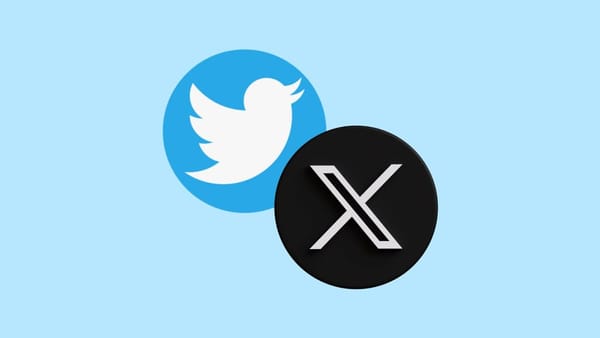Is launching a lifetime deal on AppSumo worth it? (2024)
Table of Contents
Selling a SaaS app is kind of like being an accountant. You sell your services for a monthly cost or based on the customer’s usage. You could say accounting is basically AaaS.. or maybe not.
If you're reading this article, you're most likely planning to launch a lifetime deal on a platform like AppSumo or RocketHub, so I'll be mostly talking about those here.
What’s the point of lifetime deals?
The SaaS model means selling services on a time or usage basis. Nowadays, however, it’s becoming more and more popular for founders to do lifetime deals (LTDs) - pay once, own forever.
This invalidates the whole point of SaaS.
How would any software business be sustainable when their revenue is solely based on hype and current niche popularity? Without a subscription model, they won’t have any long term recurring revenue.
However, running a lifetime deal does have some benefits if used as a separate customer acquisition channel.
What are the benefits?
Don’t get me wrong, there are some benefits that come with running a lifetime deal.
Initial traction
Having a lifetime deal can get you some great initial traction for your product. There are many software directories and communities circled around lifetime deals. A great example would be AppSumo - a popular directory for lifetime software deals.
These software directories can help get your product in front of potential buyers but they often come with a steep commission fee.
No churn rates
Let's say you have a monthly plan that costs $20, but on average your customers only stay subscribed for 3 months.
- 2 customers * 3 months * $20 (per month) = $120 in revenue
- 1 customer * $120 (lifetime deal) = $120 in revenue
This way, 1 customer on a lifetime deal can make you as much as 2 customers paying for 3 months. With a lifetime deal, you don't really need to care about churn.
Higher conversion rate
Many customers are more willing to commit to a one-time payment rather than paying monthly or yearly subscriptions.
Our brains 🧠 are wired to respond positively to one-time payments because they feel like a smaller commitment.
Drawbacks
There are a few major drawbacks to having a lifetime deal.
No recurring revenue
This is probably the biggest downside of lifetime deals. The whole point of the SaaS pricing model is to have consistent and recurring revenue.
Without recurring revenue, you're solely reliant on the relevancy or hype around your product at the moment.
That's why, it's a good idea to also run a subscription model for new visitors that come from different sources.
Revenue splitting
Platforms like AppSumo take a huge percentage of your revenue.
For new customers (people who have never bought anything on AppSumo), they take 5% of the sale.
For recurring customers, they take 30% if you're on the Select plan and a whopping 70% if you are on the Marketplace plan.
Refund policies & requirements
Most software directories have strict, non-negotiable refund policies. AppSumo has a 60 day refund guarantee and the user can get a refund 59 days in without question.
The average refund rate on AppSumo is 15-25%
There's also the fact that you're obliged to keep your lifetime deal active for a certain amount of time. On AppSumo, this period is 120 days or 4 months after your listing is accepted.
A picky user-base
AppSumo's customer base is extremely picky and critical, so prepare for lots of support tickets and possibly bad reviews if your software doesn't work as intended.
Conclusion - is it worth it in your case?
It solely depends on your product, pricing system and operating costs.
If your margins are high and your operating expenses are low, you can run a lifetime deal temporarily (or even permanently) to raise awareness about your product.
It's definitely not worth it if:
- your subscriptions are expensive or primarily for enterprises; sumolings and other LTD shoppers are looking for affordable deals
- your pricing is based on usage (like an AI service); long-term users will drain your wallet
- your product is unstable or unscalable; you will get angry users in support tickets and bad reviews which will stay on Google forever
- you are not ready to face some harsh criticism



